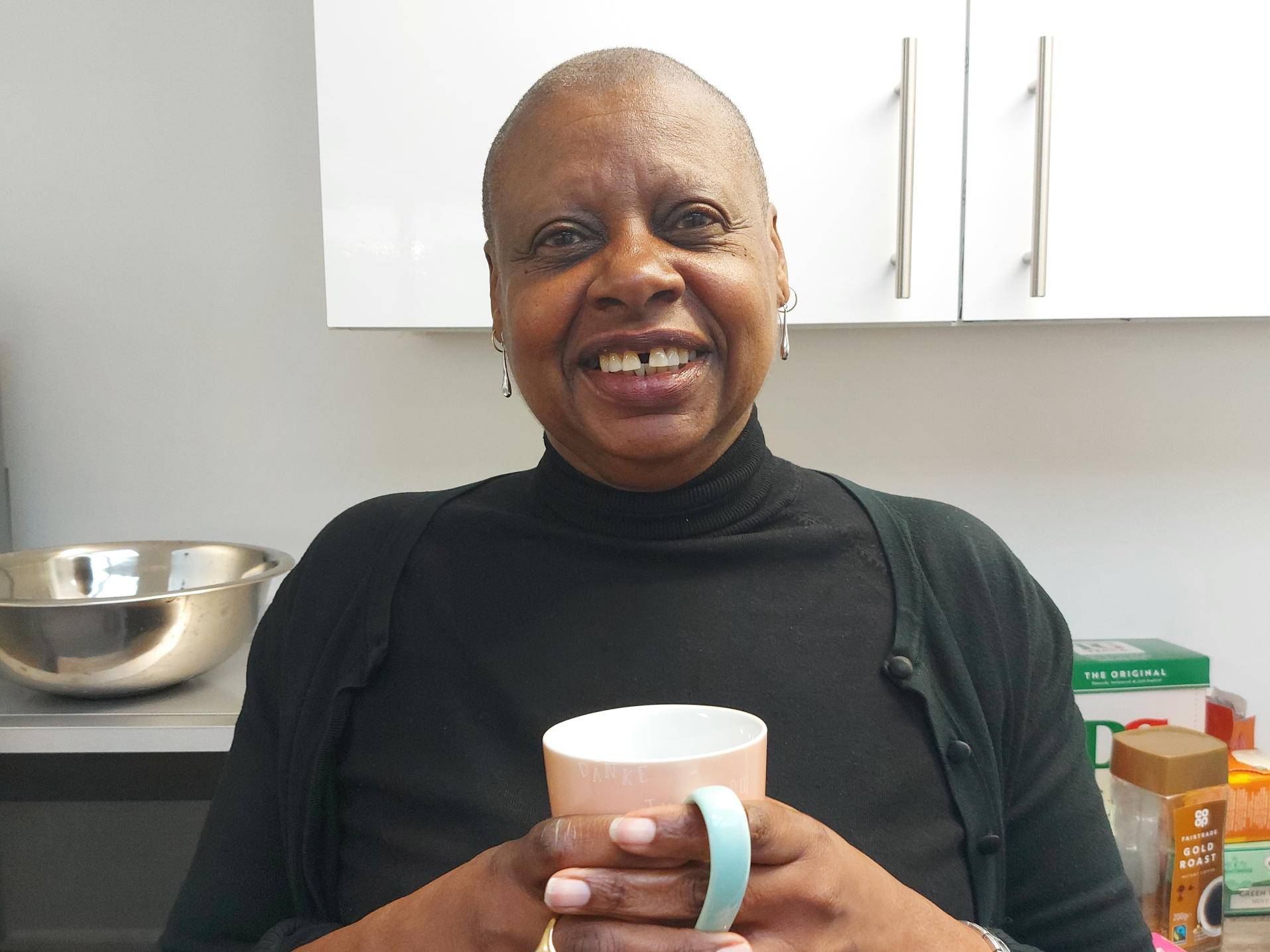Dorrett, Chance UK’s Family Support Manager, reflects on her experiences of working with parents and families:
I’ve supported children and families for much of my career and I’m in my sixties now so I’ve seen a lot of change. My very first job was in a children’s home, then I became a foster carer and I think that’s when I really saw the need to intervene early when it comes to children. I fostered lots of children but by the time they came to me things had often become very difficult and I always thought, if only I had been able to support this child earlier on in their life it would have made such a difference.
Through my years of training and as I moved to work in children’s services, I also realised how many parents needed support. Often the parents I meet have had very difficult early lives and although they desperately want their children to have a different upbringing, their own experiences as a child can make it challenging as a parent. So I’m there to help them nurture and support their child. That might include how to talk to their child in difficult situations and how to build a stronger relationship.
At Chance UK, I will usually start to work with a parent after one of our youth workers has let me know that they would benefit from some support. One mum I worked with was finding her child’s behaviour really hard and so she found herself always focusing on what they were doing wrong. So, we talked about the positive things her children had done that week, however small, so that she had some nice things to say to them when they got home. I also talk to parents about understanding what their child is communicating to them with their behaviour. Often they want to know how to stop their child doing something but I try and take a step back with them and see if we can think more about why their child did something and what’s going on for them. It’s all about communication – what is that child trying to tell you with the way they behave.
Another parent I supported came to some of our group sessions and realised that although she would be in the same room with her son, she wasn’t really paying him any attention or playing with him. She realised that when she did give him some of her time and really listened to what he had to say, then things got much better and his behaviour improved.
It’s not always easy and we are now seeing so many more complex cases because of a rise in poor mental health for both children and adults. Parents often have so much of their own struggles going on that it can be difficult for them to cope and see what their child needs. If they didn’t receive good parenting themselves then it’s often about breaking the cycle and supporting them to recognise that they can change how they respond to their child.
I have to be very careful to ensure that parents don’t feel judged. By the time I see them they have often had quite a lot of contact with professionals and are fearful of what I might say. One woman, whose child was constantly absent from school, came to our first session and just sat with her arms crossed. It was my job to make her feel comfortable and help her understand that I really am there to help them as much as their child. So many times, I will say to a parent: you need to look after yourself as well as your child.
My advice to parents is always be ready to learn. When your child does something good, however small, then tell them. The problem is that if you are a child and all you hear is how horrible you are then eventually you’ll start to believe it. So don’t just focus on the negative behaviour, reward the positives too.
